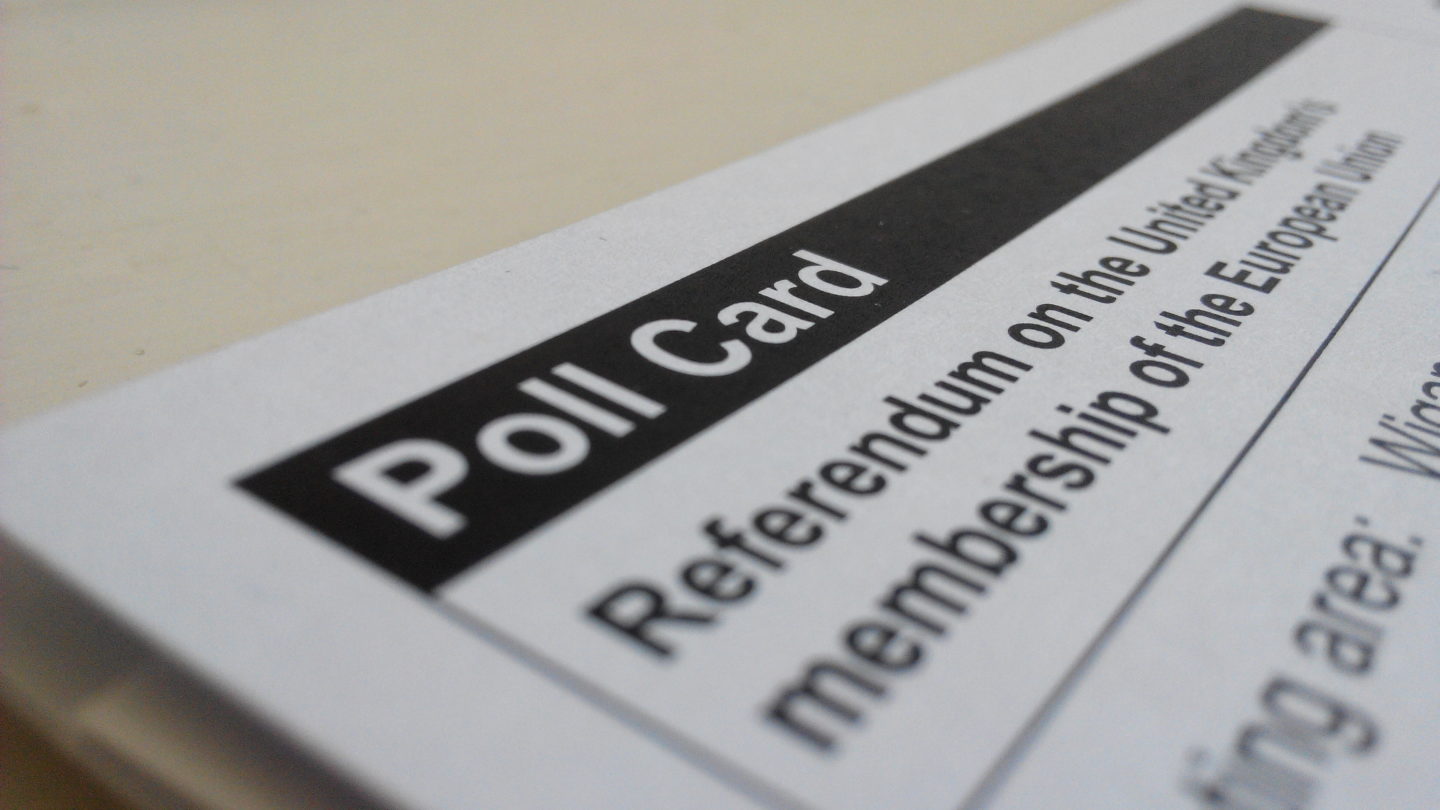Theresa May has opted for an informal deal with the Democratic Unionist Party to prop up her government, but there is to be no delaying of Brexit talks.
The Brexit secretary David Davis has confirmed he will officially begin formal negotiations on the details of the UK’s exit on Monday with the EU’s chief negotiator Michel Barnier.

In media interviews on June 12, the Conservative MP backed Theresa May and argued that voters had overwhelmingly backed the UK’s Brexit plan.
Ferret Fact Service found this claim to be Half True.
Evidence
Mr Davis’s argument is that the two main parties, the Conservatives and Labour, have agreed that the referendum decision must be respected and, by extension, voters who backed them also supported the current plan for Brexit.
It is broadly accurate for the Brexit secretary to state that around 80 per cent of voters supported parties backing Article 50 being triggered and without policy to overturn the EU exit.
The Conservatives gained 42.4 per cent of the vote on June 8, while the Labour Party picked up 40 per cent. Other pro-Brexit parties, like UKIP and likely Tory backers the DUP, gained around three per cent. This adds up to around 85 per cent.
Parties who continue to actively oppose Brexit, namely the SNP and Liberal Democrats, suffered reductions in vote share and, in the SNP’s case, lost 21 seats.
It is important to note these percentages refers to voters rather than the whole electorate of the Britain, of which 68.7 per cent turned out to vote on June 8.
What is much less clear is whether the election result was an endorsement of the Conservative Party’s proposals for Brexit.
A comprehensive post-election poll by YouGov on June 15 found 70 per cent of Britons thought the result should be enacted, with 44 per cent so-called ‘Hard Leavers’ and 26 per cent who did not vote to leave but felt the referendum should be respected. Only 21 per cent of UK voters polled wanted the referendum ignored or re-run.
However, Britain is split on how Brexit should be negotiated, with only a minority (43 per cent) backing Theresa May and Mr Davis’s current plan.
In the report, YouGov director Antony Wells explains that “there is a majority who pick either a soft Brexit (19 per cent) or remaining in the EU (35 per cent) as their ideal outcome”.
Looking further into the statistics shows a more complex picture than Davis suggested. While Conservative voters are broadly supportive of May’s Brexit agenda, Labour voters polled were critical of both the deal set out and the Prime Minister’s ability to achieve her aims.
The YouGov research found 78 per cent were not confident that Britain would get an exit on May’s terms.
The suggestion that voters of Labour were backing the party’s Brexit policy is undermined by pre-election research in April which found 58 per cent of the public were not clear what the party’s position was.
The official Labour position was that the result of the referendum should be respected but reject ‘no deal’ as an option and scrap the Great Repeal Bill. It would be replaced with an EU Rights and Protections Bill to “ensure there is no detrimental change to workers’ rights, equality law, consumer rights or environmental protections”.
Polling commissioned on June 8 by Lord Ashcroft found just under two thirds of those who voted Labour said they had voted to remain in the EU. Of Labour voters, 43 per cent would still like Brexit to be prevented if possible.
Importantly, Ashcroft’s poll found that while Conservatives number one reason for voting was Brexit, it lagged behind the NHS and spending cuts in motivations of those who backed Jeremy Corbyn’s Labour.
Ferret Fact Service verdict: Half True
David Davis’s claim regarding the general election result may be based on accurate figures, but his attempt to frame it as an endorsement of the government’s Brexit position is misleading. There is little evidence to suggest that Labour voters were influenced primarily by their party’s position on Brexit, and in fact some polling suggested many were not clear on the party’s policy prior to the June 8 election.

David Davis did not respond to an FFS evidence request.
Photo thanks to Abi Begum,CC BY-SA 2.0














